Top 7 Palau Culture, Customs, and Etiquette
Palau, a small country, has had an interesting history. It was severely regulated by the German Empire, thrived under Japanese economic expansion, and ... read more...floundered for a period while debating between the American administration and independence. Regardless of historical tragedies in the past, Palau's fascinating culture has not been compromised. Let's look at the list of Palau culture, customs, and etiquette.
-
Marriages in Paula were arranged in the past, with intermarriage among members of the high clans, but now individuals can choose their partners. To be valid, a marriage between a Palauan citizen and a noncitizen, or between two noncitizens, must meet certain legal requirements. According to the law, the male must be at least eighteen years old. Female applicants must be at least sixteen years old. If the female is sixteen or seventeen, her guardian must also give her permission to marry.
Marriage is not permitted within the clan to relatives counted through either the father or mother to four generations. Traditional ceremonies involving the exchange of prescribed foods and wealth between clans can be used to formalize marriage. Divorce is common, particularly among younger couples with fewer children, and can be initiated by either the husband or the wife. In the past, most adults married; today, there are an increasing number of single or widowed people.
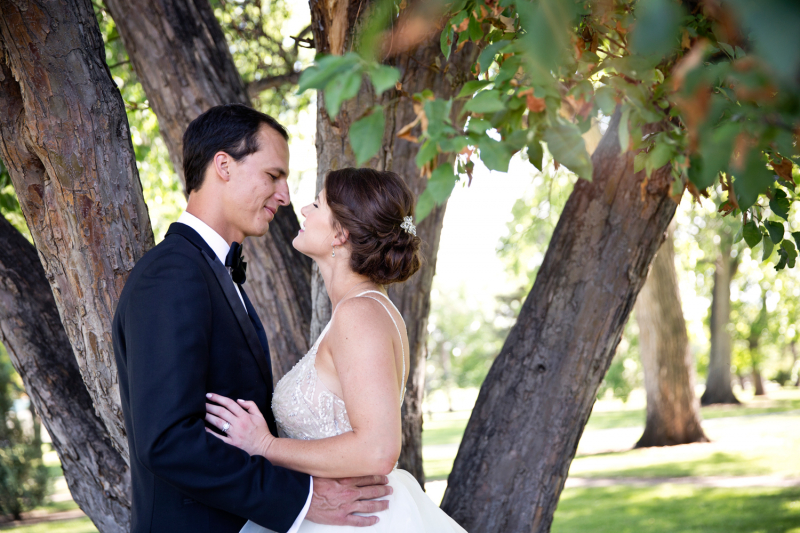
ashleytiedgen.com 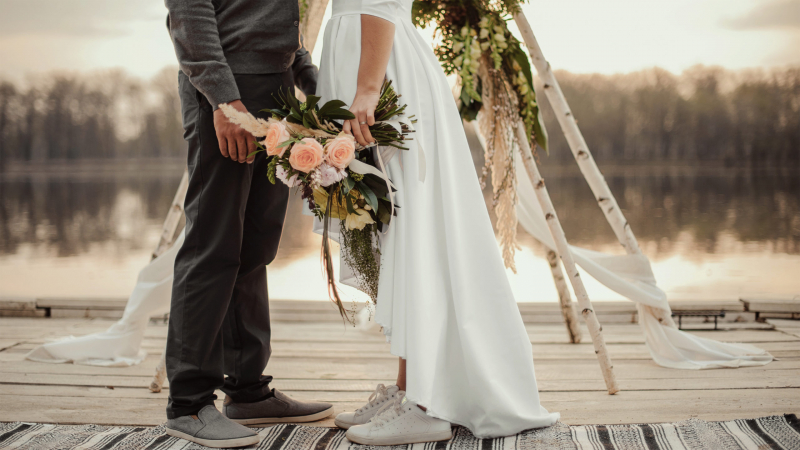
focusonthefamily.com -
Palauan women, like their males, have traditionally gone topless. As costumes, they only wore a two-piece skirt and a few garlands. Today, some local women still dress traditionally, though more covered and conservative styles of modern clothing have found their way into their culture, particularly with the influx of tourists. Palau is a tropical island where the dress code is very relaxed. With very few exceptions, T-shirts, shorts, and flip-flops or rubber slippers are always appropriate. A polo shirt, aloha shirt, or blouse will usually suffice for those who want to dress up.
The most important branch of the fiber industry is the production of 'kariuth,' or women's skirts. They make up the majority of women's clothing. They are made in a variety of patterns that are distinguished by their appropriateness as well as the quality of the work. In this regard, they far outperform comparable products from other Pacific islands previously known. Palauans have special costumes that they wear for important ceremonies or special occasions.
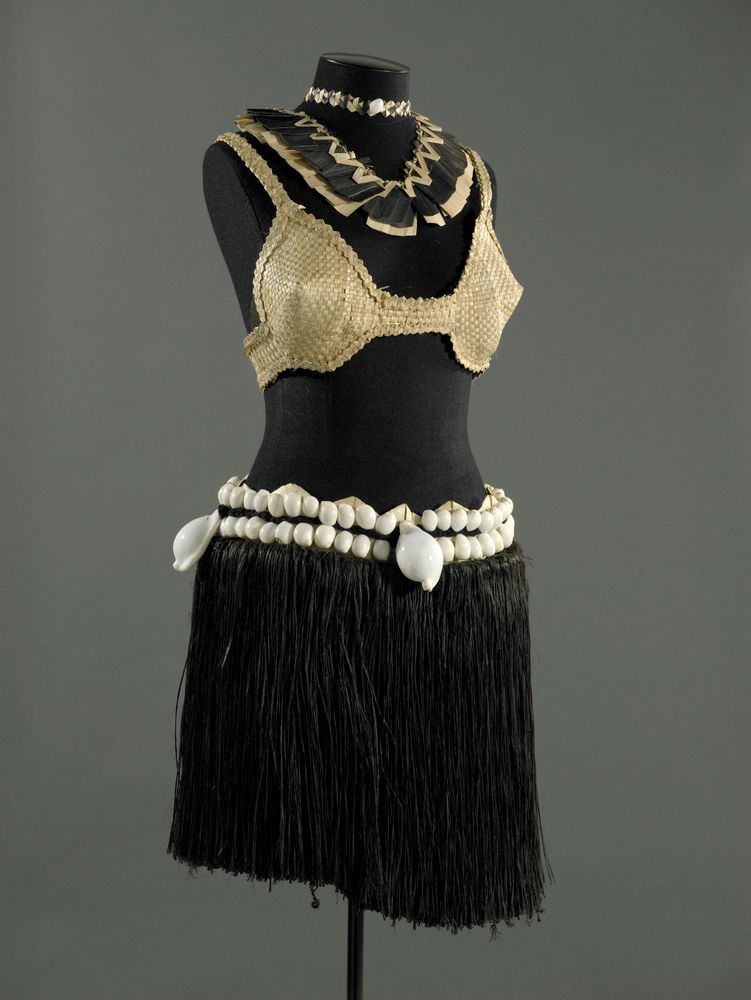
focusonthefamily.com 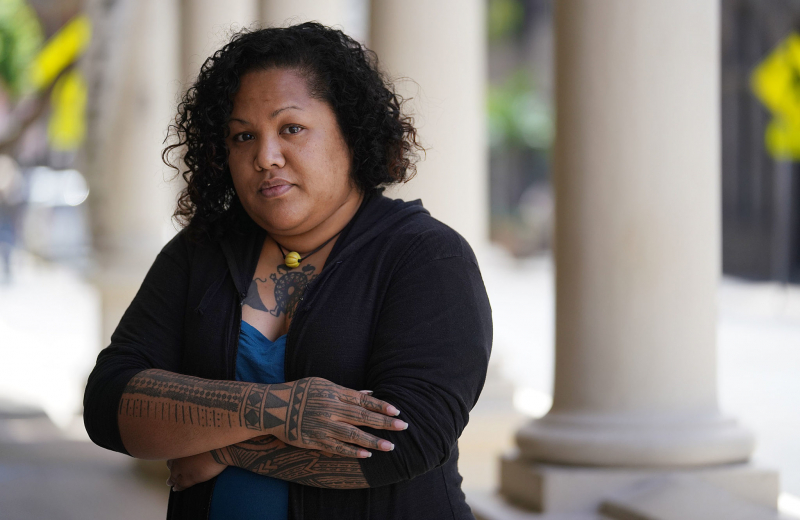
discover.com -
Dining etiquette in Palau is quite diverse and relaxed, with a clear distinction between restaurants catering to tourists and those catering to locals. As a result, people eat in a number of different ways, nearly all of which are acceptable, though you may be looked at strangely in extreme cases.
When dining with locals, keep customs and how others eat in mind. In general, when an elder enters or exits the room, stand, allow your local host to show you a seat, then be polite and try everything. Accepting food expresses gratitude, whereas refusing to try the foods offered is an insult to your host. Consuming as much as possible, on the other hand, demonstrates great appreciation. Of course, eating all of their food is also inappropriate because most people believe that food should be shared by all families and guests. It's entirely up to you whether you leave food on your plate after you've finished eating.
Although most people eat with their hands, some families may have forks and provide them. Of course, if you dine at a restaurant, you will be given and expected to use silverware. Eating in the continental style (knife in the right hand, fork in the left) is the most common in these settings, but etiquette is generally relaxed, so eating in almost any style is acceptable. Many Asian restaurants also provide chopsticks, which, if used correctly, can be used.
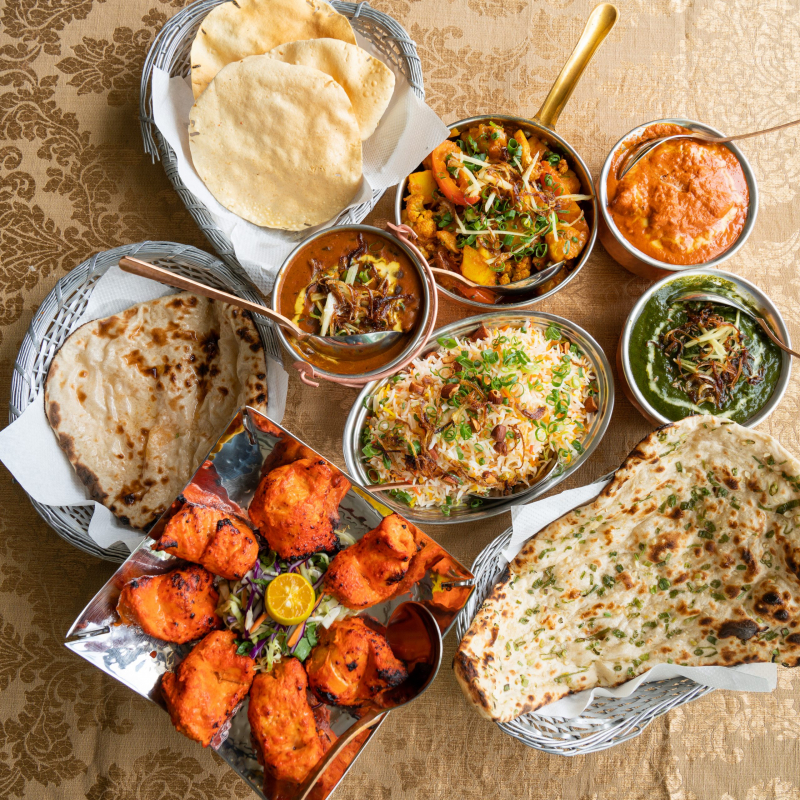
palau.travel 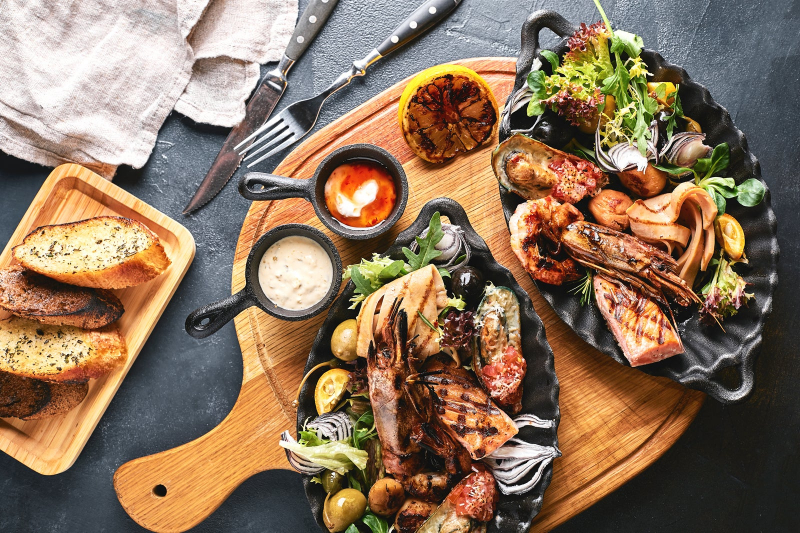
hotels.com -
Although all popular beverages, such as juices, soft drinks, tea, and coffee, are now available in Palau, try kava for a truly South Pacific experience. This drink is made by grinding the roots of the kava plant to release liquid, which is then mixed with water. Although this drink has a very relaxing effect, it is not classified as a drug in South Pacific countries.
Palau loves beer and is frequently ranked near or at the top in terms of beer consumption per capita. However, the vast majority of these beers are imported or homebrewed, and many of the local beers are unremarkable. Wine and liquor are also available in Palau, but they are mostly imported and can only be found in hotels and restaurants catering to foreigners. Tap water in Palau is generally safe to drink, though it may be unsafe in some areas. If you do decide to drink the local tap water, first check with your hotel or guesthouse to learn about the water's cleanliness in that area.
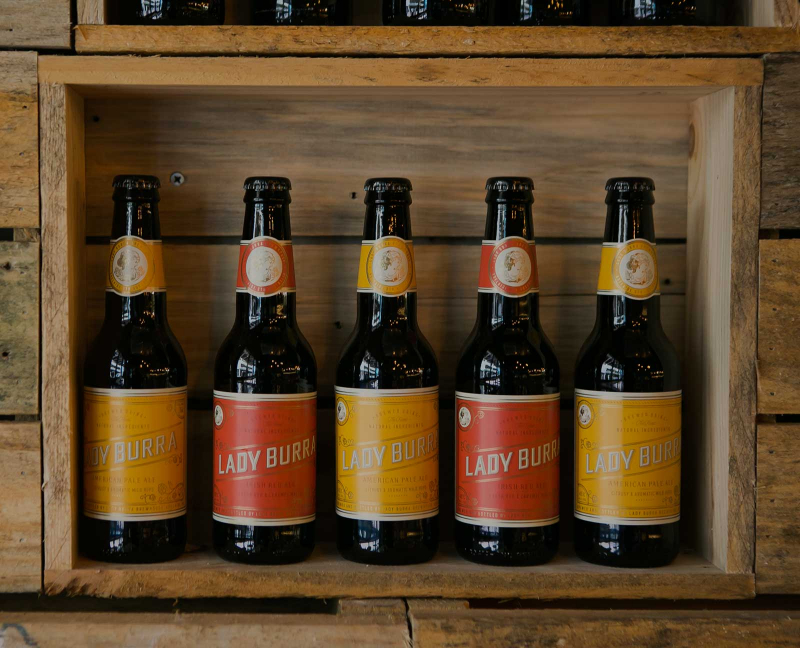
ladyburrabrewhouse.com 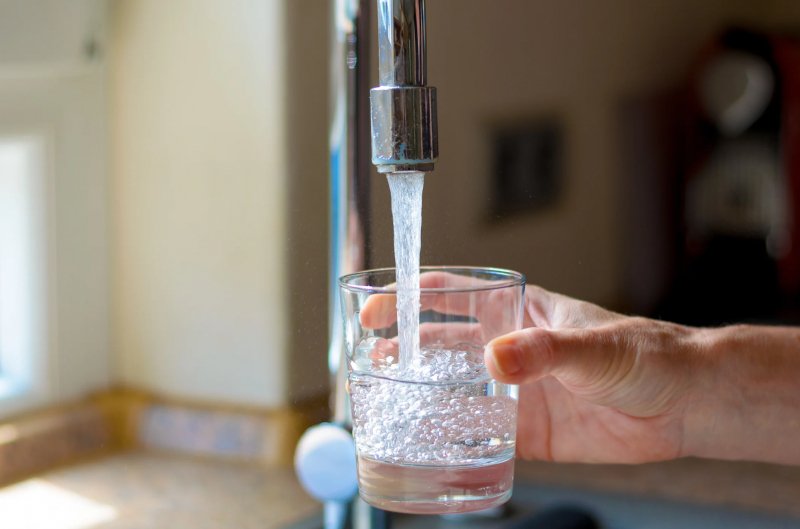
ladyburrabrewhouse.com -
Nodding one's head is a typical form of greeting others in Palau, and individuals of all ages can also just raise their eyebrows or wave their hands. Handshakes are given when meeting someone for the first time or when two individuals haven't seen each other in a long time. A handshake is also used to show congratulations. When approaching someone, always say 'Alii'.
When meeting someone you don't know, be respectful. Asking for a stranger's name should be done in a humble and indirect manner. If you don't know their title, always say 'Alii Rubak' for males and 'Alii Mechas' for women. This applies to everyone older than you, whether they hold a title or not. If you have a meeting set, find out who will be attending, what their titles are, and how they should be addressed before the meeting. When passing on the road, always move to the side and let them pass first. In Palauan culture, pointing at someone is considered disrespectful.

flickr.com 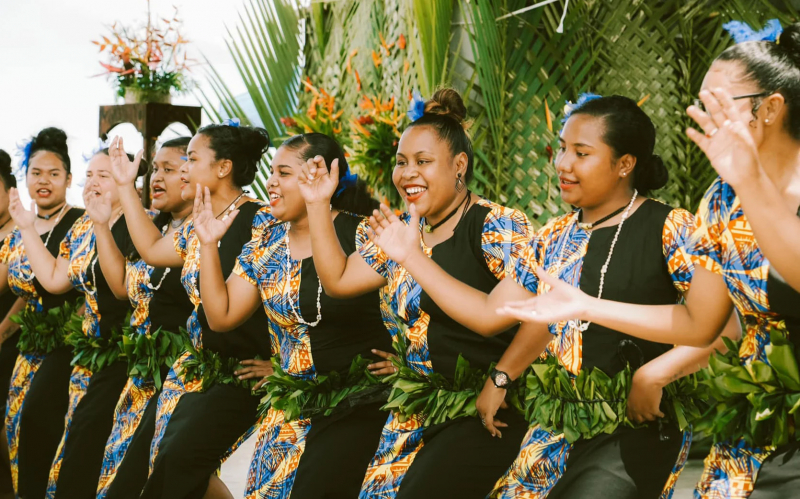
twitter.com -
Every Palauan woman undergoes the ngasech ceremony two to three months after the birth of her first child. A medicine woman gives her hot, cleansing baths for five to ten days, and on the last day, she dresses up in traditional clothes and goes out to meet her husband's family.
During a break from one of the many hot baths required for her ngasech, this mother nurses her baby daughter. The medicine woman gives the young mother a steaming hot bath, scooping up the water with a coconut shell and throwing it at her body. To protect the woman from scalding, oil and turmeric were applied to her skin. The baths are intended to rejuvenate the young mother's body, remove stretch marks, and "clean out the womb." The medicine woman rubs the woman with coconut oil and turmeric before presenting her to her husband's family.
Female relatives of the husband express their love for the mother by dancing up to her with dollar bills in their hands. A Palauan younger relative acting as an assistant collects the banknotes as "payment" for the strains on the woman's body in a plastic bag.
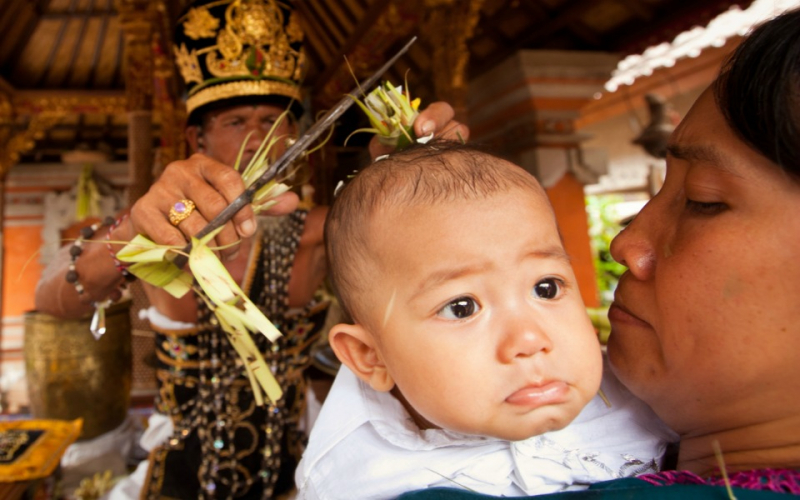
joyoflifesurrogacy.com 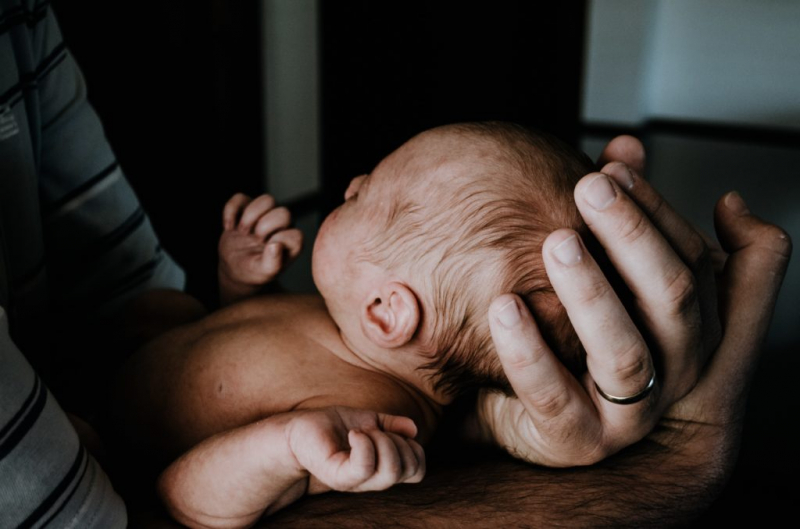
healthymummy.com -
Christianity is the most widely practiced religion in Palau. Roman Catholicism, in particular, is the most popular Christian denomination in Palau, with 45.3% of the people practicing it. Evangelicalism, Seventh-day Adventism, the Assembly of God, and Baptism are the religions of 34.9% of the population. Modekngei, an indigenous monotheistic religion, is practiced by 5.7% of the country's population. Islam, Mormonism, and other faiths are followed by 3%, 1.5%, and 9.7% of the population of Palau, respectively.
Since the introduction of Jesuit priests in the early 19th century, foreign missionaries have been active; some have been in the nation for many years. Japanese Christian missionaries were highly financed during the Japanese mandate, whereas native Buddhists were granted a pittance.
Missionaries from the Seventh-day Adventist and Evangelical faiths teach at their respective elementary and secondary schools. There are also about 400 Bengali Muslims in Palau, and a few Uyghurs incarcerated in Guantanamo Bay were recently permitted to reside in the island country.
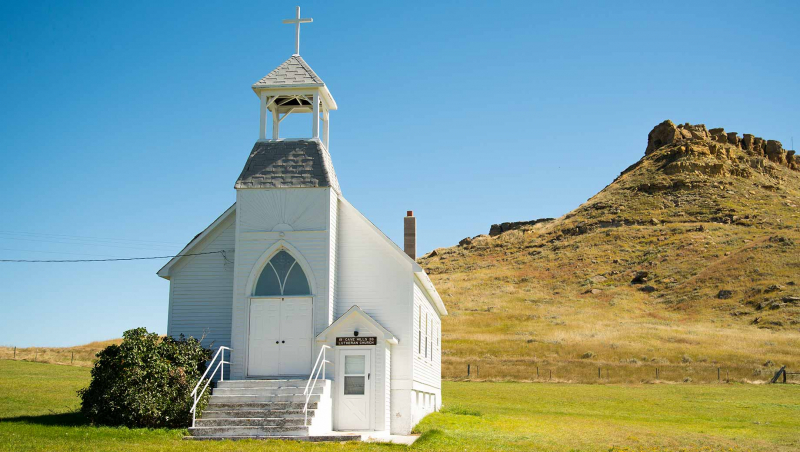
palauducal.com 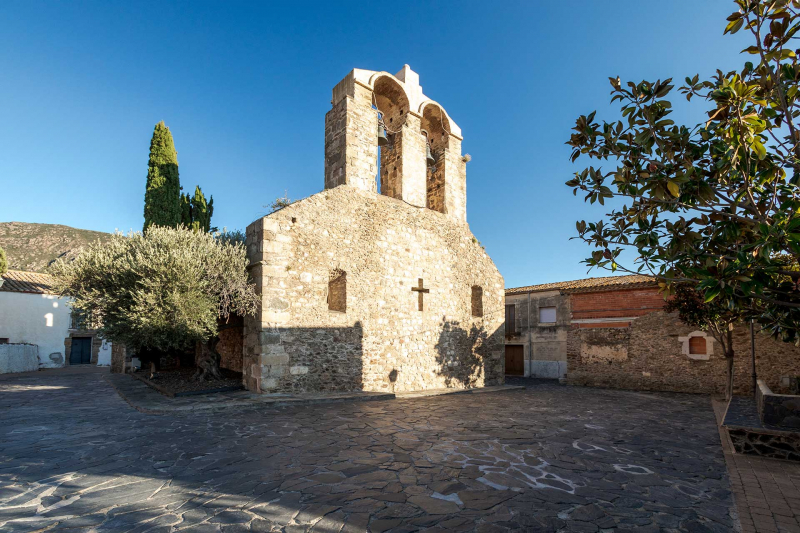
empordaturisme.com




























